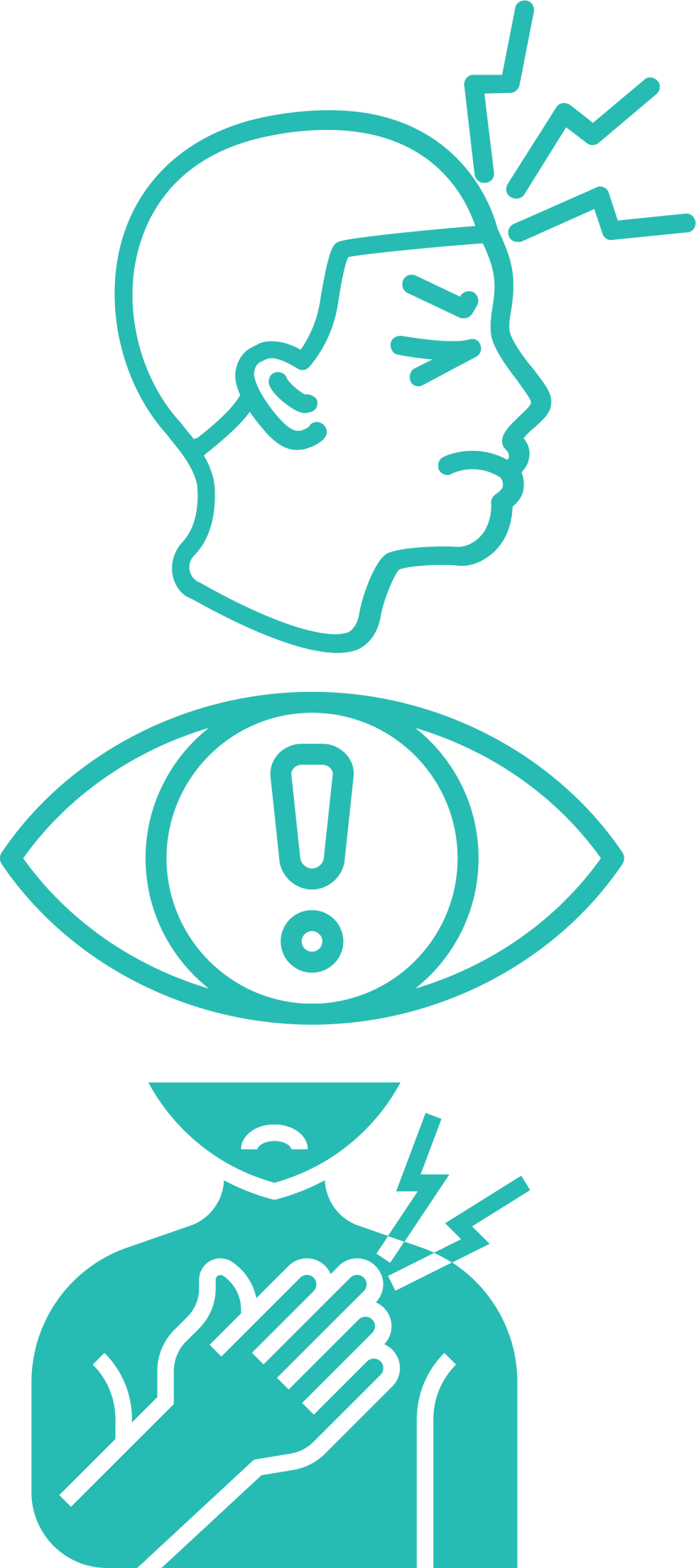How to Lower Your Blood Pressure
- leozini
- Dec 22, 2020
- 3 min read

It's normal for blood pressure to go up and down throughout the day, but high blood pressure that is remains consistently elevated may be hypertension. High blood pressure increases the risk of stroke, heart attack, and other problems. You and your doctor should talk about your individual risk of experiencing these health issues based on your blood pressure.

Blood pressure consists of two numbers: systolic and diastolic. The healthy blood pressure of an adult is considered 120 systolic and 80 diastolic, or lower. The systolic number shows how hard the blood pushes when the heart is pumping. The diastolic number shows how hard the blood pushes between heartbeats, when the heart is relaxed and filling with blood.
What are the symptoms?

High blood pressure is a silent killer and doesn't usually cause symptoms until it’s almost too late. Most people don't know they have it until they go to the doctor for some other reason. Long term, untreated high blood pressure can lead to heart disease, kidney disease, and stroke (to name a few). Very high blood pressure can cause acute severe headaches and vision problems. High blood pressure that causes acute symptoms (like headache, vision problems, chest pain) is a medical emergency and if you experience these symptoms you should seek medical attention or call 911 right away.
What causes high blood pressure?
There are several factors known to raise blood pressure, including:

Some of these factors are controllable. You can help lower your blood pressure by making healthy lifestyle changes, including eating a low sodium, high fiber diet and exercising at least 30 minutes a day, 5-6 days a week.
Stress levels can also have a huge impact on blood pressure. We all experience daily stressors that can be difficult to manage sometimes, but here are some tips to help keep your stress and blood pressure at healthy and manageable levels.
Learn how to say “no” – Know your limits and stick to them. Whether in your personal or professional life, taking on more than you can handle is a surefire recipe for stress.
Pare down your to-do list – Analyze your schedule, responsibilities and daily tasks. If you’ve got too much on your plate, distinguish between the “shoulds” and the “musts.” Drop tasks that aren’t necessary to the bottom line and pick them back up in a day where they are more manageable to accomplish.
Adapt to the stressor - If you can’t change the stressor, change yourself. You can adapt to stressful situations and regain your sense of control by changing your expectations and attitude in the following ways:
Look at the big picture – Ask yourself: how important it will be in the long run? Will it matter in a month? A year? If the answer is no, focus your time and energy elsewhere.
Focus on the positive – When stress is getting you down, take a moment to reflect on all the things you appreciate in your life. This can help you keep things in perspective.
Consider the worst-case scenario – When all else fails, consider what would truly happen if this stressor became a reality. Now consider if that is a reality you can manage through or fix. Oftentimes, it is!
Accept the things you cannot change - You can’t prevent or change stressors such as the death of a loved one or a serious illness. In such cases, the best way to cope is to acknowledge the situation and remember to take time to care for your own wellbeing as you cope with things you cannot change.
Learn from mistakes – Use difficult situations as opportunities for personal growth. If you own poor choices that contributed to a stressful situation, reflect on them and learn from your mistakes.
Set aside relaxation time – Include rest and relaxation in your daily schedule. Don’t allow other obligations to encroach because this is your time to take a break from it all.
Do something you enjoy every day – Make time for those leisure activities that bring you joy, whether it be stargazing, playing the piano or working on your bike.
Exercise regularly – Make time for at least 30 minutes of exercise, three times per week. Nothing beats aerobic exercise for releasing some pent-up energy.
Reduce caffeine and sugar – By reducing the amount of coffee, soft drinks, chocolate and sugary snacks in your diet, you’ll feel more relaxed and sleep better.
Avoid alcohol and drugs – Don’t self-medicate, because the relief is only temporary. Deal with problems head on and with a clear mind.
Get enough sleep – Adequate sleep fuels your mind and body. Getting enough sleep helps the body cope with stress, which is important in maintaining a healthy blood pressure.
If these lifestyle changes don't help lower your blood pressure, talk to your doctor about prescription medications, getting a referral to a nutritionist, or other helpful therapies.

Comments